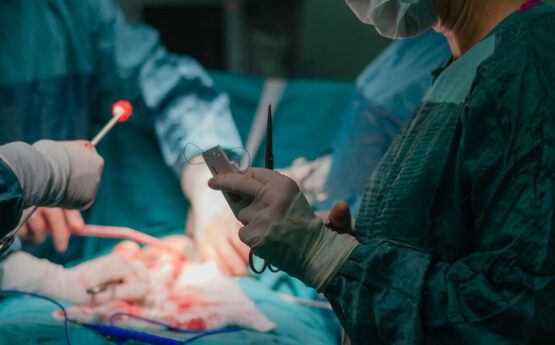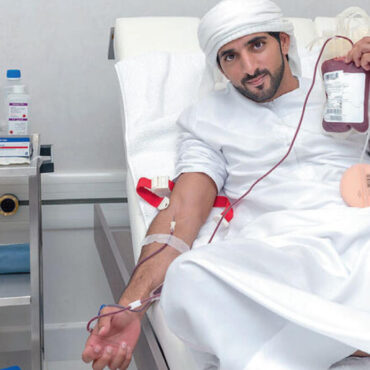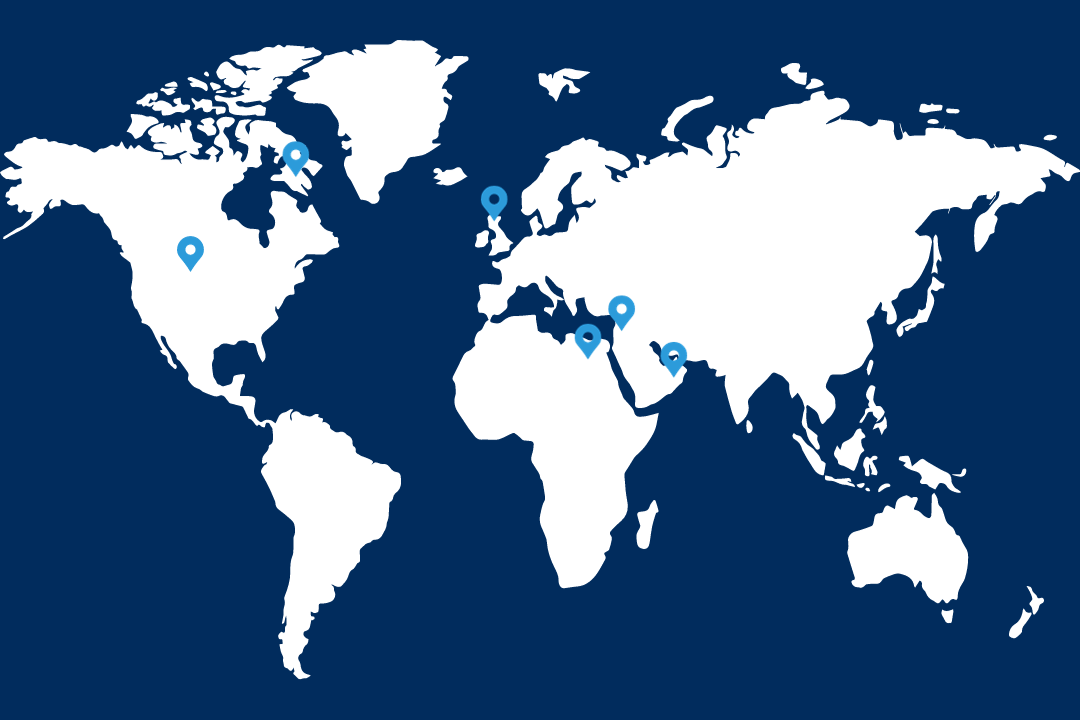Cancer Care In The UAE: How Effective Treatment Can Promote Recovery?
In 2020, cancer accounted for nearly 10 million deaths, an estimated one in six deaths.
According to WHO 2020 forecast report, global cancer cases are estimated to increase to 29.4 million by 2040.
Cancer Burden In The UAE
Despite the UAE being one of the fastest-growing economies globally, cancer is a rising challenge, and the government is taking all the measures to reduce the number of cases considerably.
Breast cancer remains the most common form of cancer among women in the UAE, whereas men are at higher risk of developing colorectal cancer, followed by leukaemia, prostate and skin cancer.
Research compiled in the Emirates has revealed staggering cancer numbers in the UAE population compared to other countries; the cancer figures available are between 20 and 49.
The number of cancer diagnoses in the UAE stood at 45.4% in 2017. In contrast, all cancer cases were 8.75% in the US, 8.33% in the UK, 8% in Canada, 16.15% in China, and 26.75% in India.
In line with the WHO and EMRO cancer control initiatives and framework, the UAE cancer control plan was proposed to combat cancer, decrease cancer incidence, restrict morbidity and mortality, improve outcomes, and augment the quality of life for cancer patients.
Common Signs And Symptoms Of Cancer
In cancer, the cells grow uncontrollably and spread to other body parts. However, primarily the symptoms depend on the type of cancer, but there are some general signs that one must not ignore.
- Extreme fatigue and exhaustion
- Unexplained weight loss or gain
- Loss of appetite
- Changes in bowel habits
- Cough, Hoarseness
- Abnormal bleeding
- Blood in urine
- Nausea and vomiting
- Lumps and swelling
- Fever and sweating
- Taste and smell changes
There are some behavioral causes associated with cancer, such as the use of Tobacco, poor diet, lack of nutrition, obesity, and alcohol consumption can all contribute to cancer.



Types of Cancer Treatments
Chemotherapy aims to kill cancerous cells with medications that target rapidly dividing cells. The drugs can also help shrink tumors, but the side effects can be severe.
Some of the effective cancer treatments are:
Chemotherapy
Chemotherapy attacks cancer cells by killing or targeting their rapid growth by slowing down the multiplication of cells. Depending on the best possible outcome, the doctor may suggest a traditional IV infusion chemotherapy in a hospital/clinic or oral chemotherapy in a capsule or liquid form.
Hormone Or Endocrine Therapy
Hormone or Endocrine therapy blocks the cancer cells from using the hormones needed to grow. The patient can either take pills for the treatment or get an injection. However, the doctor may suggest removing the organ that produces hormones in fewer cases.
Beam Radiation
Beam radiation attacks cancer cells with high-energy rays (proton or particle therapy) or waves (X-rays). The treatment destroys cancer cells and is done with the help of a machine.
Immunotherapy
Immunotherapy boosts the body’s immune system to fight off cancer. The patient can get immunotherapy intravenously (by IV), pills, or cream to rub on the skin.
Open Surgery
The doctor is likely to perform the open surgery procedure if it’s a solid tumor or the cancer is restricted to a specific body area with one large cut.
The surgeon is most likely to remove some healthy tissue and maybe some nearby lymph nodes during the procedure.

Minimally Invasive Cancer Surgery
Though the aim of the treatment is the same as open surgery, it is done with smaller incisions, which means a shorter recovery time.
Stem Cell Transplant (Bone Marrow Transplant)
The stem cell transplant therapy replaces bone marrow cells exposed to very high doses of chemotherapy or radiation therapy.
Prevention is better than cure, and therefore, the focus should be on improving diagnostic services, which can play a crucial role in reducing cancer cases.
Prompt treatment, constructive consultation and diagnosis at the right time can help patients at risk in the future.

Conclusion
Pharma Solutions, a UAE-based pharmaceutical platform, is leading the crusade against cancer by prioritizing drugs for assistance in cancer care.
With commercial activities in 14+ countries of the GCC and MENA region, Pharma Solutions aims to provide effective solutions to enhance patients’ quality of life.
Pharma Solutions has a team of experienced professionals possessing extensive knowledge in facilitating licensing, commercialization, marketing, and the distribution of FDA/EMA-approved innovative pharmaceuticals in the UAE.
Check the listed oncology drugs; connect with us today for more detail about cancer drugs in the UAE.






